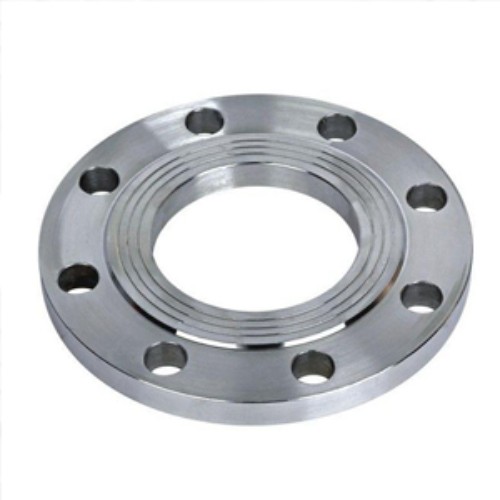Stainless Steel Ball Valves for Industrial Applications in China
The Role of Stainless Steel Ball Valves in China's Industry
In recent years, the industrial landscape in China has experienced significant transformations. One of the crucial components facilitating these changes is the stainless steel ball valve. Known for their durability, efficiency, and reliability, stainless steel ball valves are essential in various sectors, including oil and gas, water treatment, chemical processing, and food and beverage industries.
What is a Stainless Steel Ball Valve?
A ball valve is a type of flow control device that uses a spherical disc, known as a ball, to control the flow of a fluid. The ball has a hole through the center, allowing the fluid to pass through when the valve is open. Conversely, when the valve is closed, the ball rotates 90 degrees, blocking the flow. Stainless steel, being resistant to corrosion and heat, is the preferred material for these valves, especially in harsh environments.
Advantages of Stainless Steel Ball Valves
1. Corrosion Resistance Given China’s diverse, often challenging working environments, stainless steel ball valves provide several advantages. The inherent corrosion resistance of stainless steel guarantees longevity and dependability, reducing maintenance costs and downtime.
2. High Pressure and Temperature Tolerance Many industrial applications in China involve high-pressure operations and extreme temperatures. Stainless steel ball valves are engineered to withstand these conditions, making them suitable for demanding environments.
3. Low Torque Requirements One of the standout features of ball valves is their low torque operation. This characteristic allows for easy manual or automated control, leading to more efficient operations within factories and processing plants.
4. Quick Operation With a simple quarter-turn operation, stainless steel ball valves can swiftly open or close fluid flow. This speed is crucial in applications where rapid response is necessary to prevent process interruptions or to manage emergency situations.
5. Versatility These valves are suitable for a wide range of fluids, including gases and liquids, and can be utilized in various applications. Whether dealing with clean or corrosive fluids, stainless steel ball valves remain a reliable choice.
china ball valve stainless steel

Applications in China's Industries
In China, the application of stainless steel ball valves spans across numerous industries.
- Oil and Gas In this sector, where safety and reliability are paramount, these valves play a vital role in controlling the flow of crude oil and natural gas under extreme conditions.
- Water Treatment The increasing demand for clean water has led to a surge in water treatment plants, where stainless steel ball valves are fundamental in managing water distribution efficiently.
- Food and Beverage Compliance with safety standards in food processing necessitates the use of materials that can maintain hygiene. Stainless steel's non-reactive properties make it an ideal choice for valves in this sector.
- Chemical Processing Here, resistance to chemicals and high temperatures is essential. Stainless steel ball valves not only handle aggressive chemicals but also maintain structural integrity under high pressure.
Conclusion
As China's industrial sector continues to grow and evolve, the importance of reliable components like stainless steel ball valves cannot be overstated. Their robust construction and operational efficiency enhance productivity while ensuring safety across various applications. As industries strive for more sustainable and efficient practices, the role of stainless steel ball valves will only become more pronounced. Embracing technological advancements in manufacturing and design will ensure that these valves meet the evolving demands of the modern industrial landscape, solidifying their place at the forefront of China’s industrial advancements.
In summary, stainless steel ball valves are indispensable to China’s growing industries, contributing to improved operational capabilities and setting the stage for future innovations. Businesses investing in these essential components will find themselves well-equipped to tackle the challenges of the 21st century while fostering economic growth.
-
The Key to Fluid Control: Exploring the Advantages of Ball Valves in Industrial SystemsNewsJul.09,2025
-
The Versatile World of 1, 2, and 3 Piece Ball ValvesNewsJul.09,2025
-
Stainless Steel Ball Valves: The Ideal Choice for Efficient Flow ControlNewsJul.09,2025
-
Optimizing Fluid Control with Ball Float ValvesNewsJul.09,2025
-
Manual Gate Valves: Essential for Control and EfficiencyNewsJul.09,2025
-
Everything You Need to Know About Butterfly ValvesNewsJul.09,2025
-
The Versatility of Wafer Type Butterfly ValvesNewsJul.08,2025




